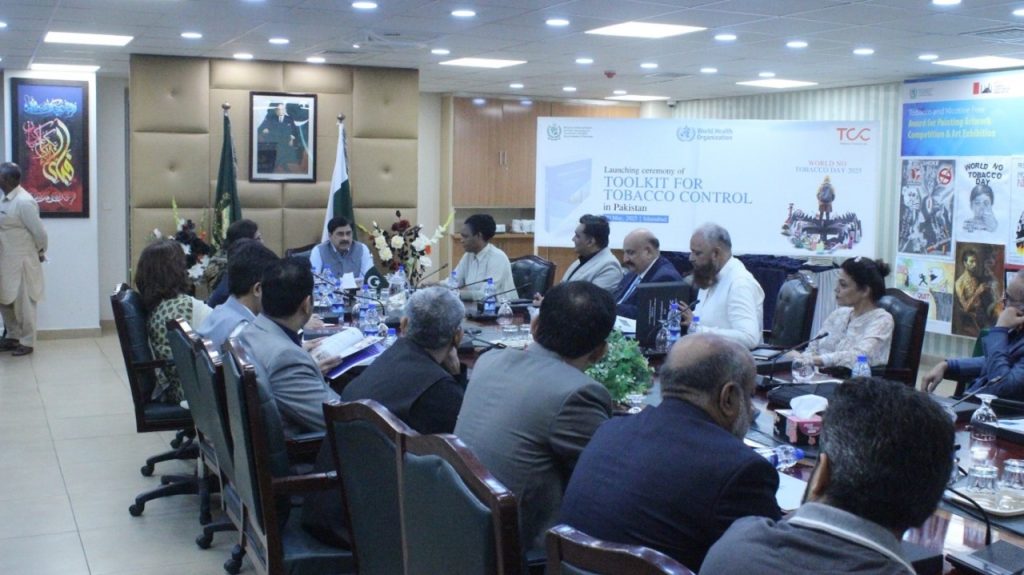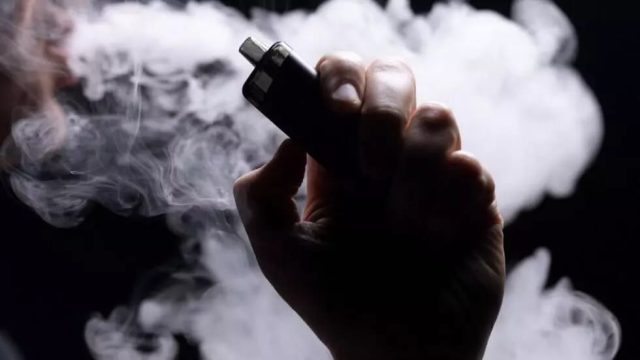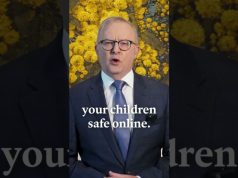ISLAMABAD, Saturday, May 31, 2025 (WNP): Marking World No Tobacco Day, the World Health Organization (WHO) has issued an urgent global call for the immediate ban of all flavours in tobacco and nicotine products, citing their role in fuelling addiction—especially among young people.
The UN health agency warned that flavouring agents such as menthol, bubble gum, and cotton candy are being deliberately used to mask the harshness of tobacco and nicotine, turning toxic substances into appealing traps for youth.
“Flavours are fuelling a new wave of addiction and should be banned,” said Dr. Tedros Adhanom Ghebreyesus, WHO Director-General. “They undermine decades of hard-won progress in global tobacco control. Without bold action, this addiction—wrapped in sweet packaging—will continue driving a deadly epidemic that kills 8 million people every year.”
Citing the increasing popularity of flavoured e-cigarettes, disposable vapes, and nicotine pouches among adolescents, WHO stressed that these products are often paired with flashy packaging and aggressive social media marketing that glamorizes their use.
“This isn’t innovation—it’s manipulation,” added Dr. Rüdiger Krech, WHO Director of Health Promotion. “We are watching a generation get hooked on gummy bear-flavoured pouches and rainbow-coloured vapes. We must stop this before it’s too late.”

WHO reiterated that all tobacco products—including heated and smokeless variants—contain cancer-causing chemicals, and called for stringent regulation, including bans on flavoured products, plain packaging, advertising restrictions, and smoke-free public spaces.
Pakistan steps up tobacco control measures
In Pakistan, where tobacco use claims approximately 164,000 lives each year and drains the economy by over PKR 700 billion (roughly USD 2.5 billion), WHO has joined forces with the Ministry of National Health Services to strengthen tobacco control efforts nationwide.
At an event organized to mark the day, Pakistan’s health authorities, in collaboration with WHO and key stakeholders, launched a national Toolkit for Tobacco Control, developed by the Tobacco Control Cell. The toolkit is designed to equip public health officials, trainers, law enforcement, and educators with practical resources to enforce tobacco laws and meet global health targets under Sustainable Development Goal 3.a.
Dr. Shabana Saleem, Director General of Health, welcomed stakeholders to the launch event, while Dr. Arsalan Hyder, National Focal Person for Tobacco Control, provided a briefing on the toolkit’s key features.
Laeeq Ahmad, Additional Secretary of Health, reaffirmed Pakistan’s commitment to the WHO Framework Convention on Tobacco Control (FCTC), ratified in 2004. “Let us work together for a tobacco-free Pakistan—a nation where health, safety, and well-being take precedence over industry interests,” he said, acknowledging WHO’s continued technical support.
Call for stronger policy action
Public health experts and anti-tobacco advocates are calling for a comprehensive package of measures, including:
* A nationwide ban on single-stick cigarette sales
* Stricter regulation of digital and influencer-based tobacco advertising
* Substantial increases in tobacco taxation
* Investment in cessation support programs and health infrastructure
WHO officials highlighted that taxation remains one of the most effective tools to reduce tobacco consumption. Following a tax hike in 2023, tobacco use in Pakistan dropped by 19.2%, while Federal Excise Duty (FED) revenue increased by 66%, rising from PKR 142 billion in 2022–23 to PKR 237 billion in 2023–24.
However, WHO cautioned that tax rates have remained stagnant since February 2023, and current taxation still falls below the WHO-recommended threshold of 75% of the retail price.
“There is no such thing as a safe tobacco product,” said Dr. Dapeng Luo, WHO Representative in Pakistan. “Tobacco kills half of its users, harms bystanders, burdens health systems, and threatens future generations. Make no mistake—all tobacco products, regardless of form or manufacturer, are extremely toxic.”
Echoing this, WHO Deputy Representative Ellen Thom added, “The 164,000 tobacco-related deaths in Pakistan every year are not statistics—they are fathers, mothers, sons, and daughters. We must act now to save lives and safeguard our communities.”
A global health, development crisis
WHO emphasized that continued tobacco use not only threatens public health but also jeopardizes Pakistan’s ability to meet its 2030 Sustainable Development Goals (SDGs). The organization urged the government to use fiscal and regulatory tools to reduce consumption and redirect revenue towards development priorities.
“Flavoured products and the industries that promote them have no place in a healthy future,” said Dr. Krech. “Let this World No Tobacco Day serve as a turning point toward a healthier, tobacco-free Pakistan.”




